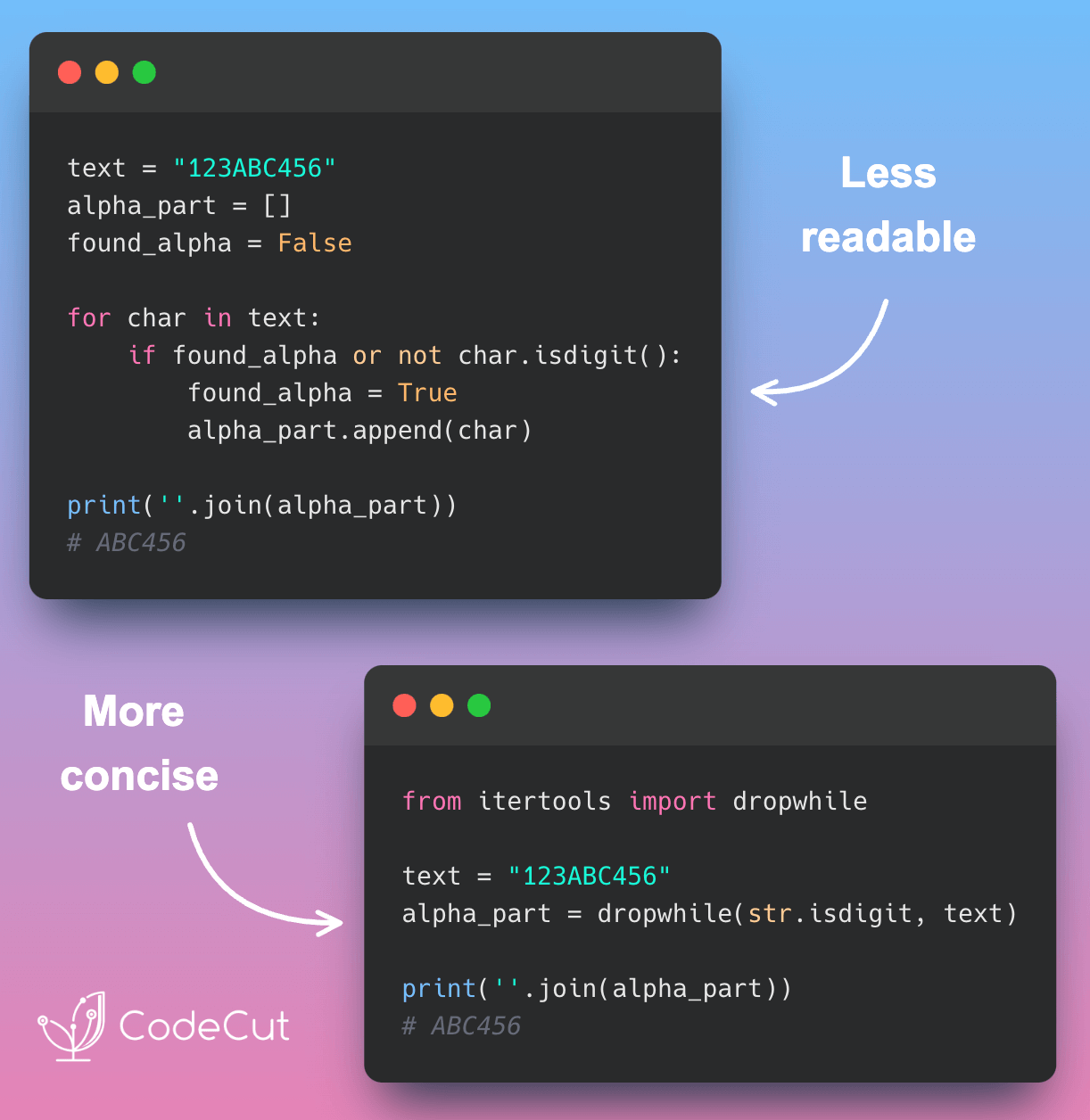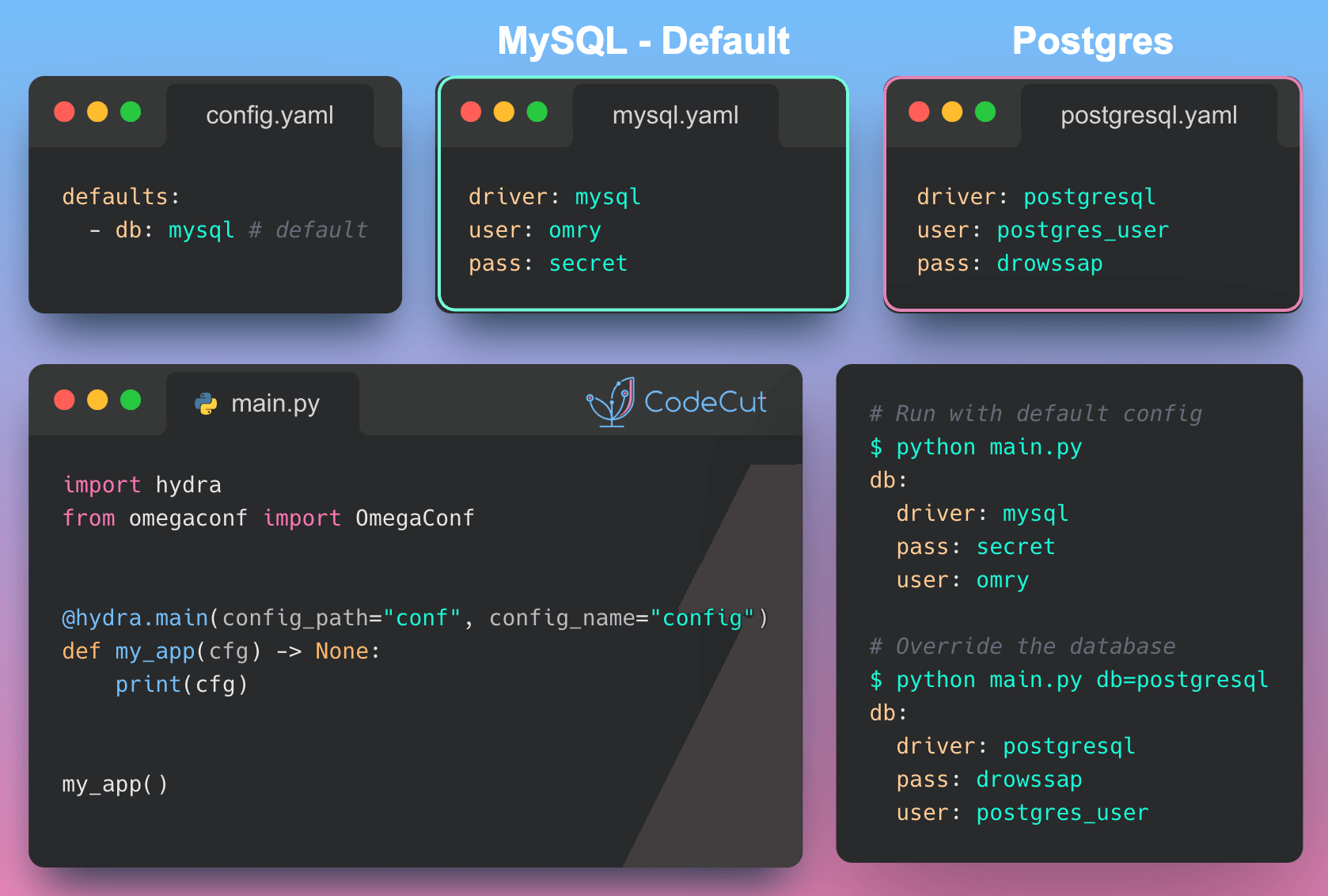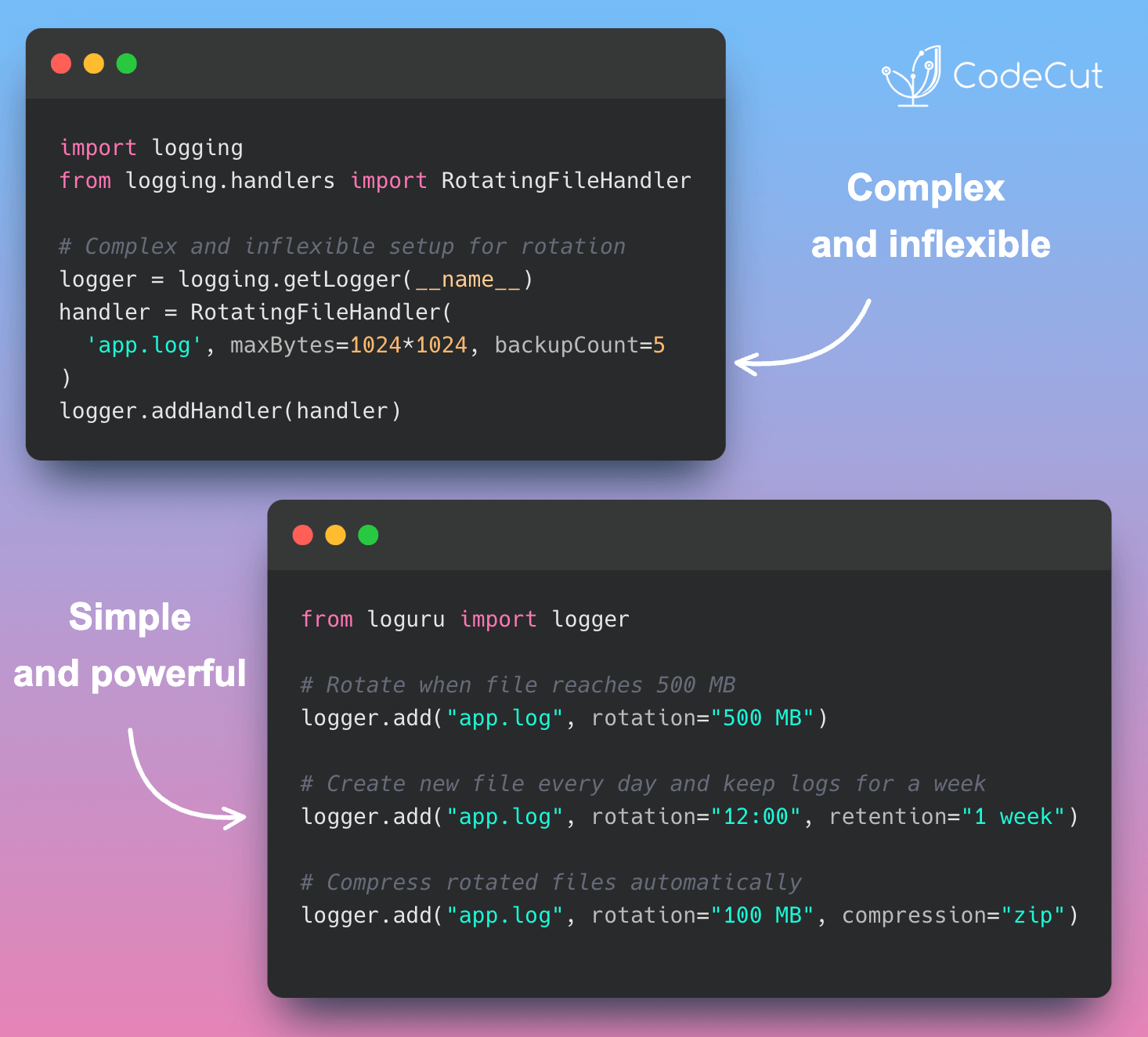The Problem with Manual Iteration
Repeatedly checking elements in an iteration until a condition is met results in verbose and less readable code, especially when you want to skip elements at the beginning of a sequence.
Let’s consider an example where we want to extract the alphabetic part of a string, skipping any leading digits.
text = "123ABC456"
alpha_part = []
found_alpha = False
for char in text:
if found_alpha or not char.isdigit():
found_alpha = True
alpha_part.append(char)
print(''.join(alpha_part))Output:
ABC456This code works, but it’s not very concise or readable. We have to manually keep track of whether we’ve found the alphabetic part yet, and the loop is cluttered with conditional statements.
Simplifying with itertools.dropwhile
dropwhile takes two arguments: a predicate function and an iterable. It applies the predicate function to each element of the iterable, skipping elements as long as the predicate returns True. As soon as the predicate returns False, dropwhile starts yielding elements from the iterable.
Now, let’s see how we can simplify the code above using itertools.dropwhile.
from itertools import dropwhile
text = "123ABC456"
alpha_part = dropwhile(str.isdigit, text)
print(''.join(alpha_part))Output:
ABC456In this version, we pass a predicate function (str.isdigit) and the text string to dropwhile. It skips digits until it finds a non-digit character, then returns the rest of the string. The resulting code is much more concise and readable.





